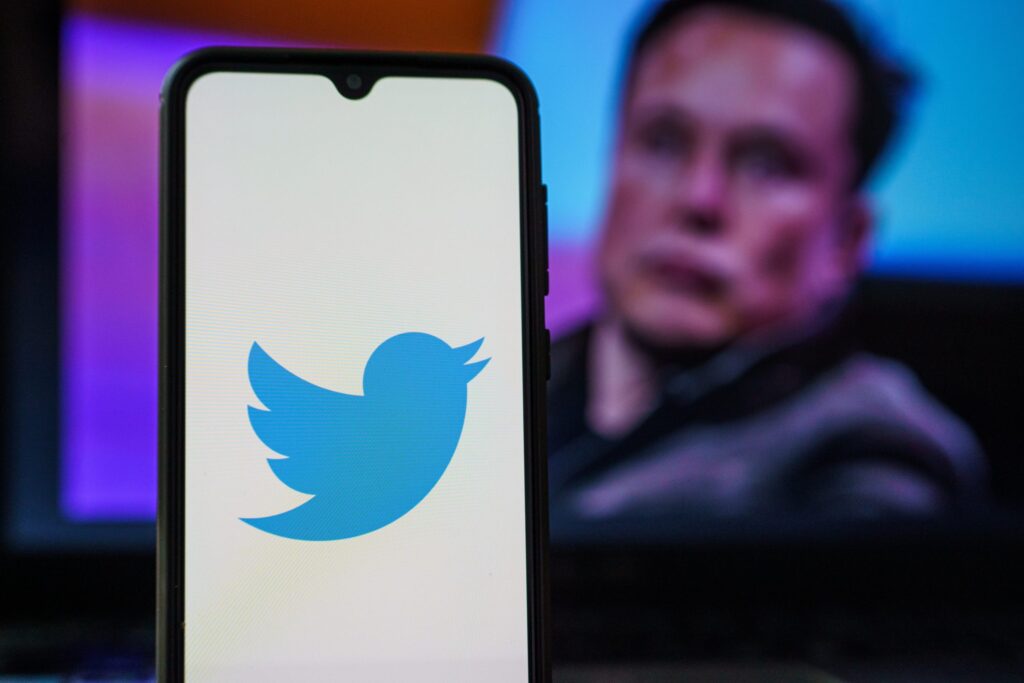Musk Twitter battle underscores doubts about progressive journalism’s survival
April 21, 2022
The main story of the Twitter battle over free speech has overshadowed the battle Wall Street has waged for years about whether progressive journalism is a good investment.
For now, the answer is no, at least for Twitter and some other notables of the progressive press.
The Great Free Speech Debate in the Twitter war between Musk and the Twitter board masks one undeniable truth: Companies that Wall Street think represent their full value are rarely targets for hostile takeover attempts.
Even before Musk was publicly linked with Twitter as a shareholder, questions about Twitter’s return on investment have been common, even as competitors like Facebook succeeded in cashing in.
“Those that purchased the [Twitter] stock during the pandemic crash have made multiples on their investment, while those that invested in the IPO have seen a volatile and largely unprofitable ride. But is the patience about to pay off?” Seeking Alpha wrote about Twitter last summer as the stock was coming off a 52-week high of $73.34.
The answer has been a resounding no.
Before Musk’s offer this month, the value of Twitter stock was at its low of $31.30 for the 52-week period, down 54 percent off its high.
And while most companies have been hard hit by the market recently, Twitter failed to make big gains while market conditions were perfect for social media companies.
That’s because while Twitter is a PR big-shot, it’s a revenue shorty.
An article from Seeking Alpha in December estimated the company would make $300 million on revenues of $5 billion.
By comparison, Facebook had revenues of $118 billion for the last year, up from $86 billion a year ago.
So, as Seeking Alpha reported last August, when the company was trading at its highest level, Twitter “has frustrated long-term shareholders with mild stock price returns.”
In part, according to critics like Musk, that’s because Twitter’s management is more about the politics the company can support than it is about making money.
One of those critics is former CEO Jack Dorsey, who still serves on the Twitter board, but resigned as chief executive officer last November.
When investor Tren Griffin quoted famed investor Fred Destin on Twitter with “What I do know for sure is that this old Silicon Valley proverb is grounded in age-old wisdom that still applies today: Good boards don’t create good companies, but a bad board will kill a company every time,” Dorsey seconded the idea with replies: “big facts” and “it’s consistently been the dysfunction of the company.”
Right now, Twitter isn’t in financial trouble, but it isn’t thriving either, and another old adage has it that if a company isn’t moving forward, then it’s moving backwards.
And Twitter is not the only progressive media company that seems to be having troubles returning investment to shareholders.
Accuracy in Media has well-documented BuzzFeed’s financial and investment failures made apparent over the last year.
Vox has said it has no plans to go public because Wall Street has lost interest in progressive digital media, even though going public is the cheapest way for Vox to continue to acquire other media companies.
But Vox likely wouldn’t be putting the pin back in on a public offering if financially they weren’t having the same sorts of problems as BuzzFeed.
And CNN, the “Grandmarm” of progressive media, is also looking to cut its losses, after pledging $1 billion towards starting a premium streaming service. The cuts come amid rating losses of “a staggering 56%” for CNN compared to last year, according to Forbes.
A year into the pandemic Vox CEO Jim Bankoff told Vanity Fair that the company was in “a really strong position,” with visions of creating a media empire off of progressive journalism.
“A couple of people told me that Bankoff has lately been likening Vox Media not to anyone from its peer group—whether you’d consider that BuzzFeed or Vice or even, say, Condé Nast—but rather to a titan in another league altogether: Disney,” said VF’s Joe Pompeo.
Seven months later a Wall Street analyst said that the moves by “BuzzFeed, Vice, Bustle Digital Group and Group Nine” to go public was a “last resort.”
And Vox seems to be the biggest beneficiary, snapping up troubled Group Nine, as the exception that proves the rule that there is a limited audience for progressive journalism.
That exception is feeding off of progressive journalism’s failures, which will allow Vox to roll up competitors that run out of money.
Today, progressive media should be triumphant, celebrating how they came together to kick Trump out of power, by surrounding him, like Rome eventually conquered Hannibal.
But instead, as the Musk hostile acquisition attempt of Twitter shows, it has just emboldened the barbarians to keep banging at Rome’s very long and rickety gate.
